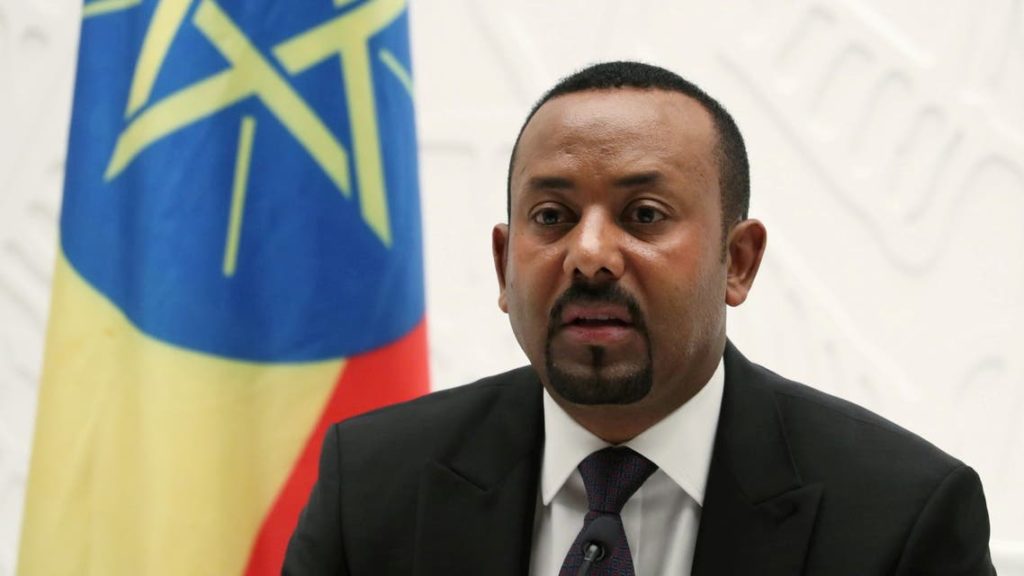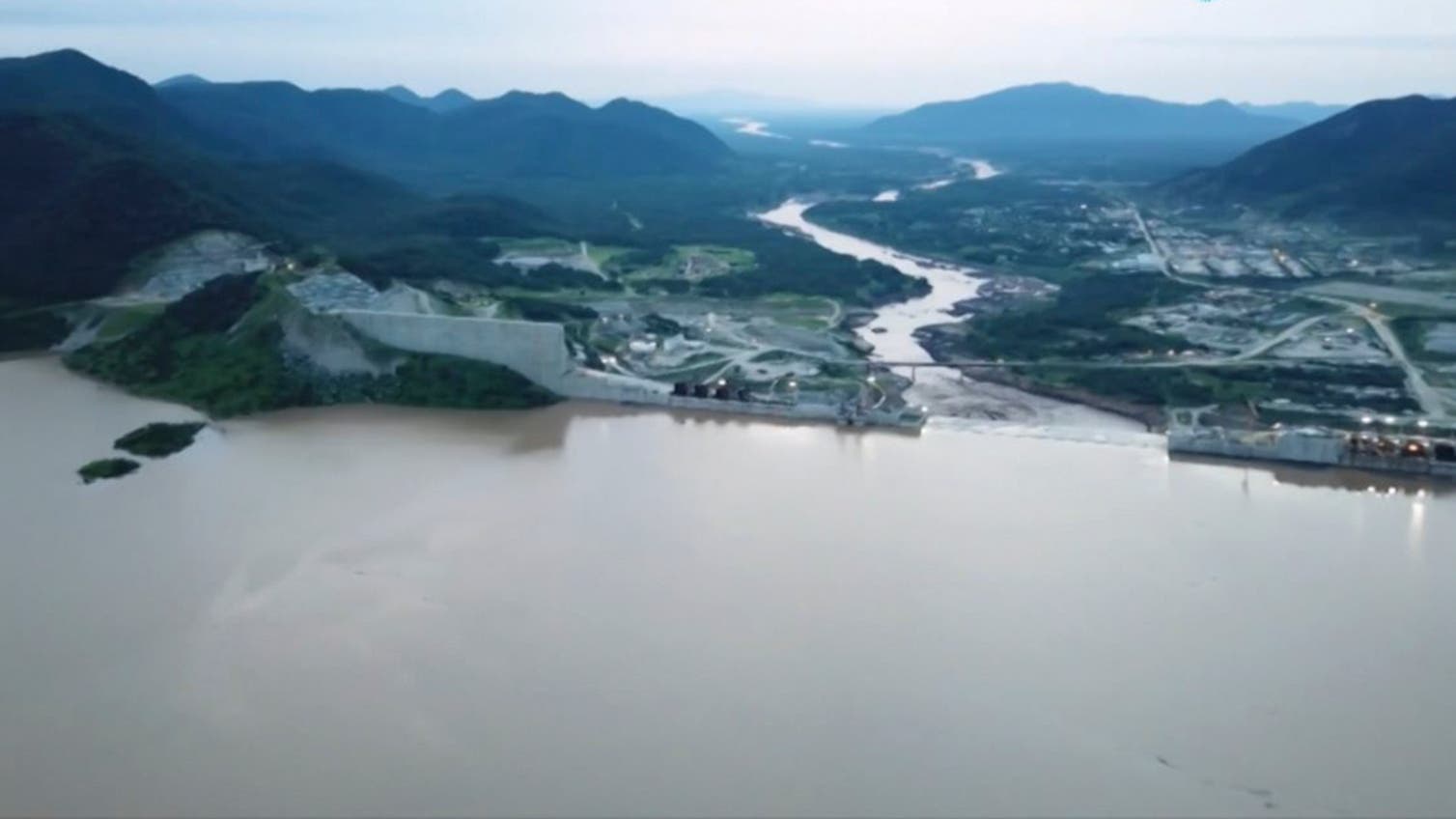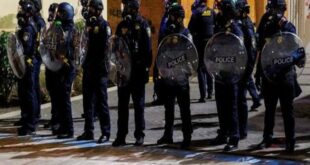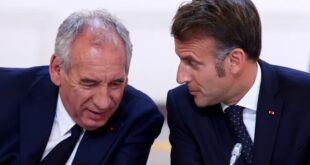
Ethiopia is witnessing a first of its kind elections for the People’s Chamber, an experience that some hope will change the face of the country. Others decided to boycott their votes fearing post-election violence.
Although the incumbent Prime Minister Abiy Ahmed boasts that he was the first to initiate unprecedented political reforms, democracy has a long way to go.
The current government aims to boost its regional standing following its election victory. Addis Ababa has always looked up to become a regional hegemon in the Horn of Africa.
Although one of the poorest countries in the world, Ethiopia possesses a well-equipped army considered to be the strongest in the Sub-Saharan region and the third strongest in Africa. With three other regional powers (South Africa, Nigeria and the Democratic Republic of Congo) aiming to play similar dominant roles, Addis Ababa has a path filled with obstacles and challenges.
Ethiopia’s ambition to be the hub of this region are not new. With the African Union and the United Nations Economic Commission for Africa, along with other organizations headquartered in the capital, the country sends a message that it can assume leading roles successfully.
Playing the role of an African powerhouse is received with neutrality from some neighbors, including Djibouti, Kenya and Uganda. Others view it negatively such as Eretria, Sudan and Egypt.
Relations with Egypt have deteriorated as it pushes forward with the construction of the $4 billion hydropower Renaissance Dam on the Blue Nile. Tensions between the two nations continues to escalate, but out-right war between the two seems far-fetched because there are too many unknowns with both understanding only that serious repercussions are likely.
International efforts to ease tensions have failed to resolve the dispute.
Relations with Sudan and Eretria have not been positive either. Addis Ababa supported the split of Sudan and its border problems remain a source of friction between the two states.

This frame grab from a video obtained from the Ethiopian Public Broadcaster (EBC) on July 20 and July 21, 2020 and released on July 24, 2020 shows water pouring out of the Renaissance Dam in Guba, Ethiopia, as Prime Minister Abiy Ahmed hails the historic early filling of the reservoir on the Blue Nile River that has stoked tensions with downstream neighbours Egypt and Sudan.
On the other hand, Ethiopia refused the cessation of Eretria. A two-year war erupted between the two countries leading to the loss of thousands of innocent lives. Now relations are normalized, yet, the two states are far from friends.
As it builds its dominance Ethiopia is unlikely to contemplate direct military intervention in countries that grow increasingly worried about this. It will instead follow Iran’s strategy of spreading influence with local proxies.
The surrounding countries own agendas and the changing regional relationships are not conducive for Ethiopia to assume the role of a regional hegemon, regardless of who wins the elections. Of course, if Ahmed’s party holds a sweeping majority, he will persevere to achieve this goal.
Assuming such advanced regional political roles for any country is challenging, but more so when it is one of the poorest and most densely populated countries. In a highly polarized, multi-ethnic patrimonial country, the emergence of a strong central state is not an easy task.
For months now, fighting in Tigray province has led to more than 100 thousand casualties. The 38 constituencies of the province were not in the position to join the election. No specific dates have been assigned to allow this to happen.
From the 110 million population, only 37 million are registered to cast their ballot.
The international community is skeptical about the election. The European Union has refrained from monitoring them after its request to import communications equipment was denied.
The US State Department issued a statement saying that it was “gravely concerned about the environment under which these elections are to be held,” citing “detention of opposition politicians, harassment of independent media, partisan activities by local and regional governments, and the many interethnic and inter-communal conflicts across Ethiopia.”
Building a strong central state, cementing democracy locally, and constructing a strong economy to alleviate poverty and enhance development are essential local prerequisites before assuming regional roles.
For Ethiopia looking inward is the way forward. Only by doing this will it become a regional powerhouse, and one neighboring countries will aspire to.

By Rami Rayess – alarabiya.net




 World Opinions Débats De Société, Questions, Opinions et Tribunes.. La Voix Des Sans-Voix | Alternative Média
World Opinions Débats De Société, Questions, Opinions et Tribunes.. La Voix Des Sans-Voix | Alternative Média




